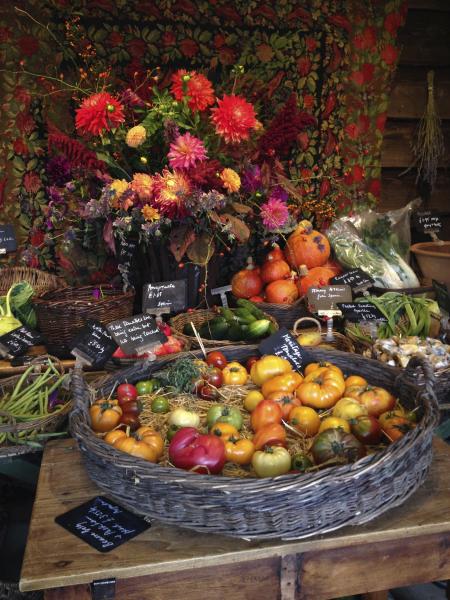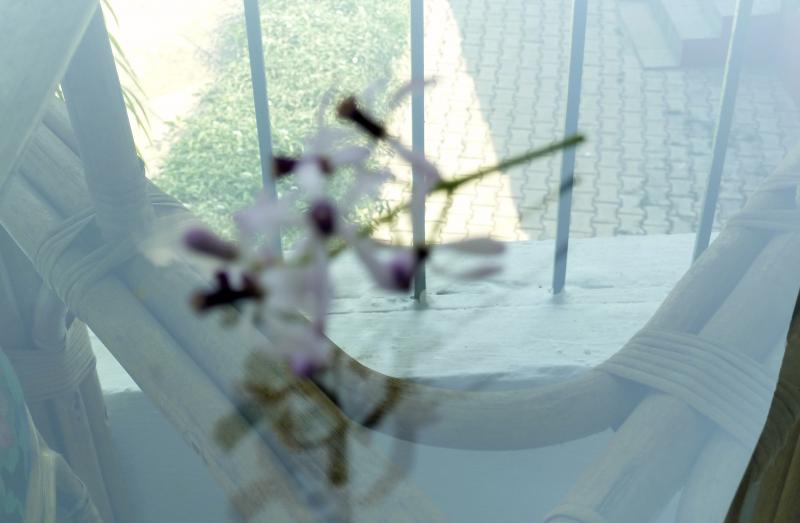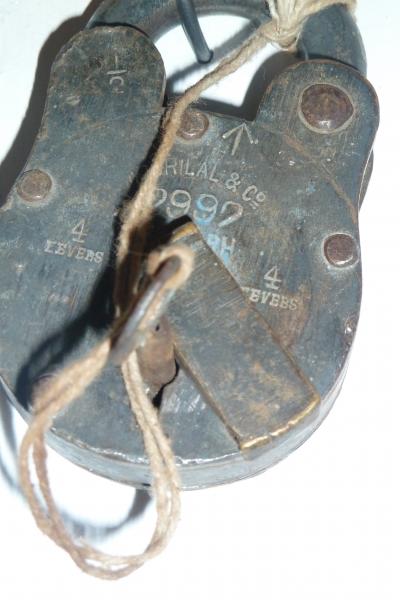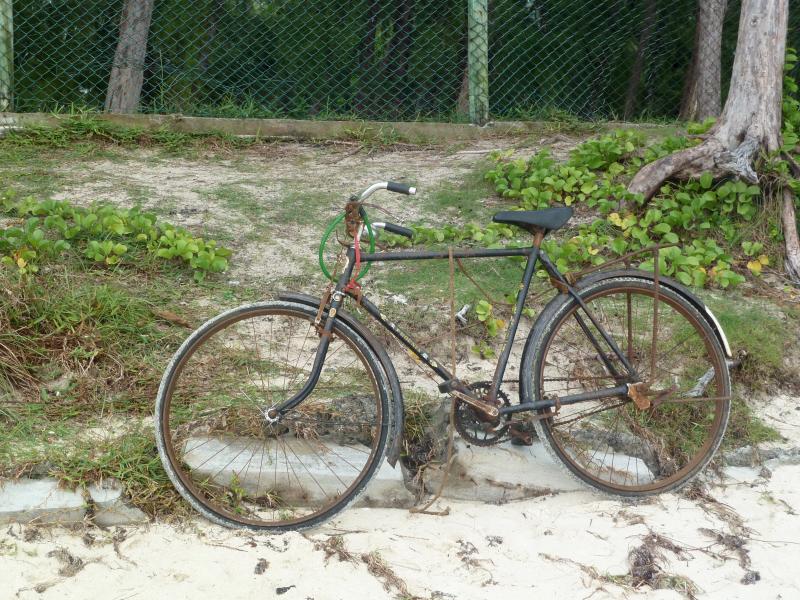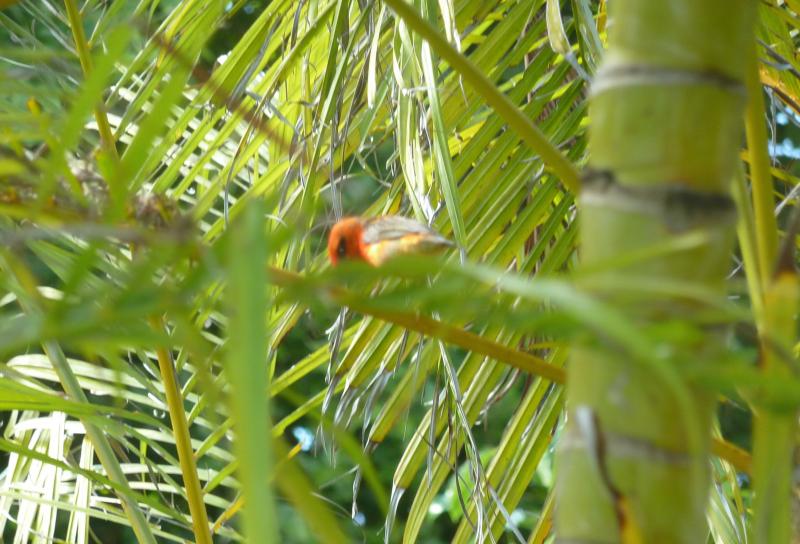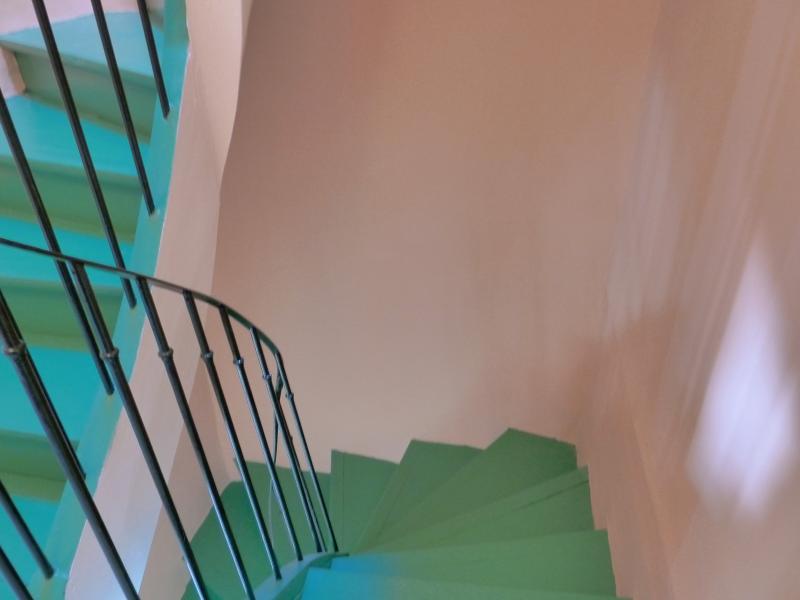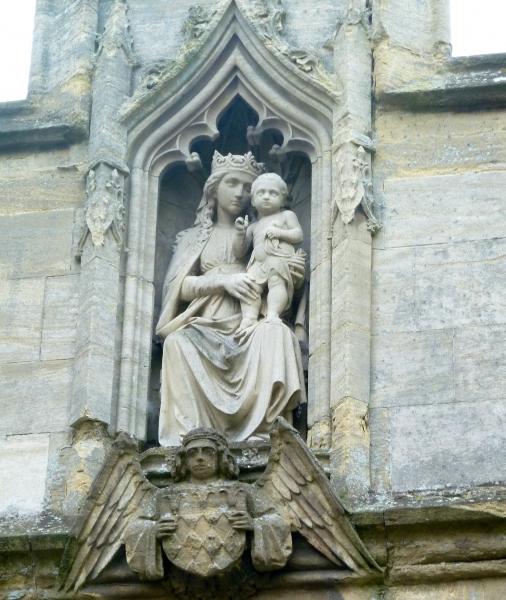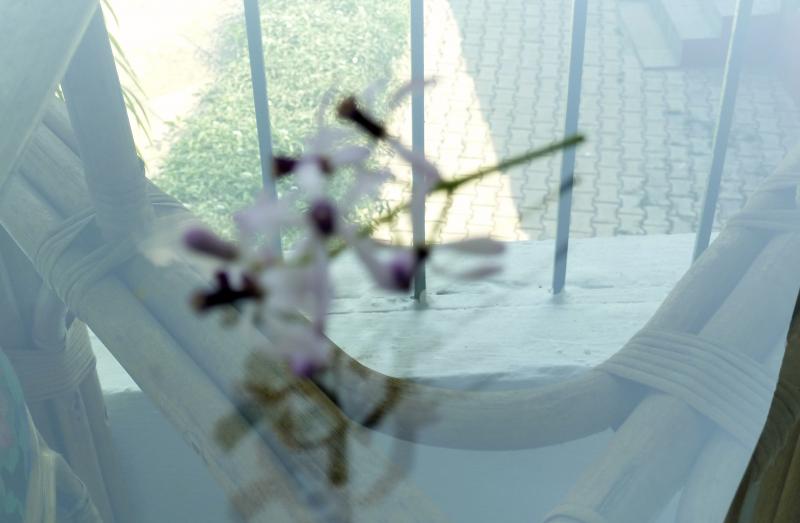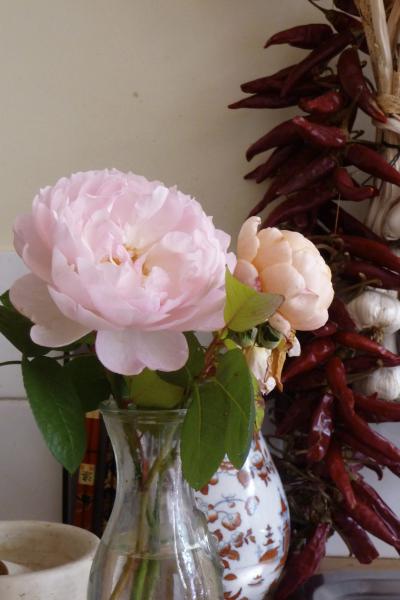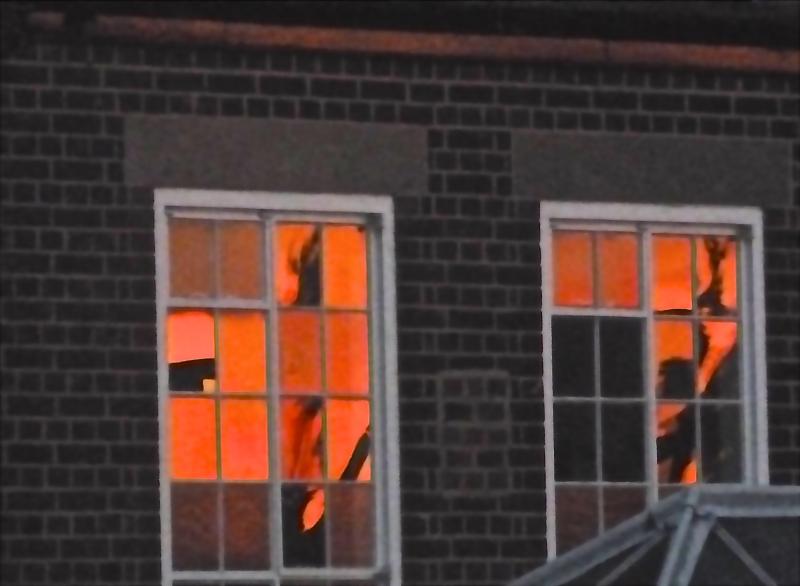
Mr Kapil Gaur, Jeweller
Being designated a businessman is an accolade in India, replete with aspiration as well as connotations of hustling, money-making and someone worldly, street savvy, shrewd. And though Kapil Gaur is, strictly speaking, an artisan-entrepreneur he sees himself as a bit of a businessman.
“If I told you my story you would never believe it. I was married at the age of 17 because my father had a heart condition and worried that if he went my mother, whose name is Virodevi, would need looking after. If I were married then we could have her to stay with us. We are Gaur Brahmins from Modinagar. We have two cows and make our own ghee and are strict vegetarians. My wife, Anupam, is from Aligarh and is four years older than me.” His was a marriage of convenience.
Modinagar (not named for Prime Minister Modi) used to be a fly-blown mofussil town in Uttar Pradesh, famed for its sugar mills and processed cooking fat. The smell of dust and boiling sugar created a permanent smog and we used to hurry through the bazaar on our way to Mussoorie and the Hills.
Kapil’s marriage turned sour very quickly and his final divorce hearing is on March 2. During the ten years that he was married to Anupam he was constantly suspicious about her faithfulness. It seems she had been in love with a cousin whom she kept on meeting secretly in a guava orchard. There was a lot of talk of badnami (shame), izzat (honour) and worries that his younger brother would never get married if he divorced Anupam, so he carried on, hoping things would improve.
But they never did. He followed her, noting down every instance of “bad behaviour”. His work as a jeweller brought him from Modinagar to Delhi every day (the train journey took two and a half hours) and his wife did as she pleased. Two children later (Kapil suspected the first pregnancy was not his baby and he insisted on an abortion) and there was still no peace between them. He found men’s chappals outside their front door, rumpled sheets on the bed, unnecessary changes of clothing on several occasions and he kept a meticulous record of everything untoward. He stalked his wife throughout their married life.
Kapil’s life is like a film that he plays over and over again in his head. Narrating it appears to give him a strange strength and purposefulness. The only emotion I could detect was an underlying wonder that his life had taken such a tragic course. But I sensed the restrictions of family obligations that would make any independent choices or action impossible: the father’s heart-attack, his fears over his wife’s future, the younger brother’s marriage prospects, the family reputation and Kapil’s marital status were intertwined. Everything had to be done with due thought to checks and balances.
The divorce handout will be £4,000, jewellery and gold coins. When the wife left home she took the two children and her cousin, Arvind, came to collect her luggage and even appeared at Court with her.
Kapil has a best friend, Ram Niwas, an electrician. They spend their days off together in Modinagar, eating lunch cooked by Kapil’s mother (“Mattar paneer made with our own ghee.”) Kapil is the house threader for Batra Jewellers in Defence Colony. He has a young, unmarked face and dresses neatly. His ambition is to be a “high fashion” jeweller and own his shop.


Mr Hari Singh
Mr Hari Singh, originally from Rajasthan, has a very striking gold tooth which glints becomingly when he smiles. I think he said he’d been coming to his cigarette/newsagent/paan shop since 1967, or perhaps he said that he had helped his father in the shop which was started almost 50 years ago. “Who has time to read anymore? I know my customers, who likes which magazine and as soon as I see them approaching I have the items ready for them. People like the personal touch. A lot of girls are smoking now- many more than before. Schoolchildren even.”
He is proud of his 22 year old son, a handsome body-builder with enormous biceps, who is destined for the Army. He wears an ear-ring, like many Rajasthani men, which will have to go when he joins up.

Popular magazines













